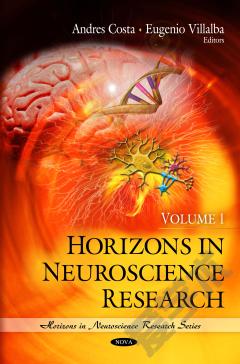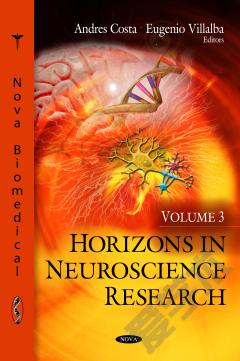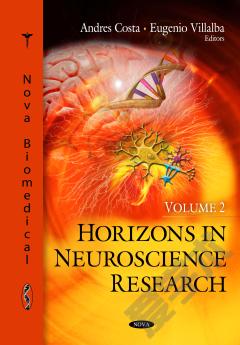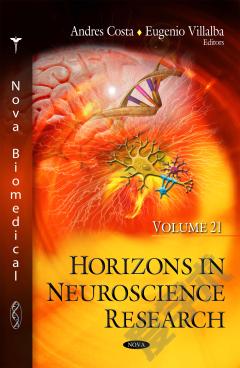Horizons in Neuroscience Research. Volume 1
Neuroscience is the scientific study of the nervous system. The principle mechanism underlying enhanced pain sensitivity is a persistent hyperexcitability of spinal dorsal horn neurons. This book describes cellular mechanisms for the maintained hyperexcitability of spinal dorsal horn neurons mediated by neuron-glia interactions following spinal cord injury. In addition, nerve growth factor (NGF) has a key role not only in the development of sensory and autonomic neurons, but also in the processes of nociception. This book examines the recent evidence of the involvement of NGF in painful diseases and suggests the potential usefulness of anti-NGF strategies as novel analgesics for disabling pathological conditions. Furthermore, neuralgia is a symptom of some neurological disorders and can be found at any age. The pain that accompanies it is usually brief but may be severe. The authors present evidence sustaining the hypothesis that neuralgia (understood as being a shooting/shock-like paroxysmal pain) is a clinical expression of a transcriptional channelopathy. Other chapters in this book review the underlying mechanisms and the anatomical loci/shared circuits between epilepsy and memory, along with the relationship of various neurotransmitters involved. The morphological and functional characteristics of hereditary choroidal dystrophies are also examined, as well as the potential implications of neuroplasticity in dorsal vagal complex (DVC) in the adaptation of gastrointestinal functions.
{{comment.content}}








 京公网安备 11010802027623号
京公网安备 11010802027623号